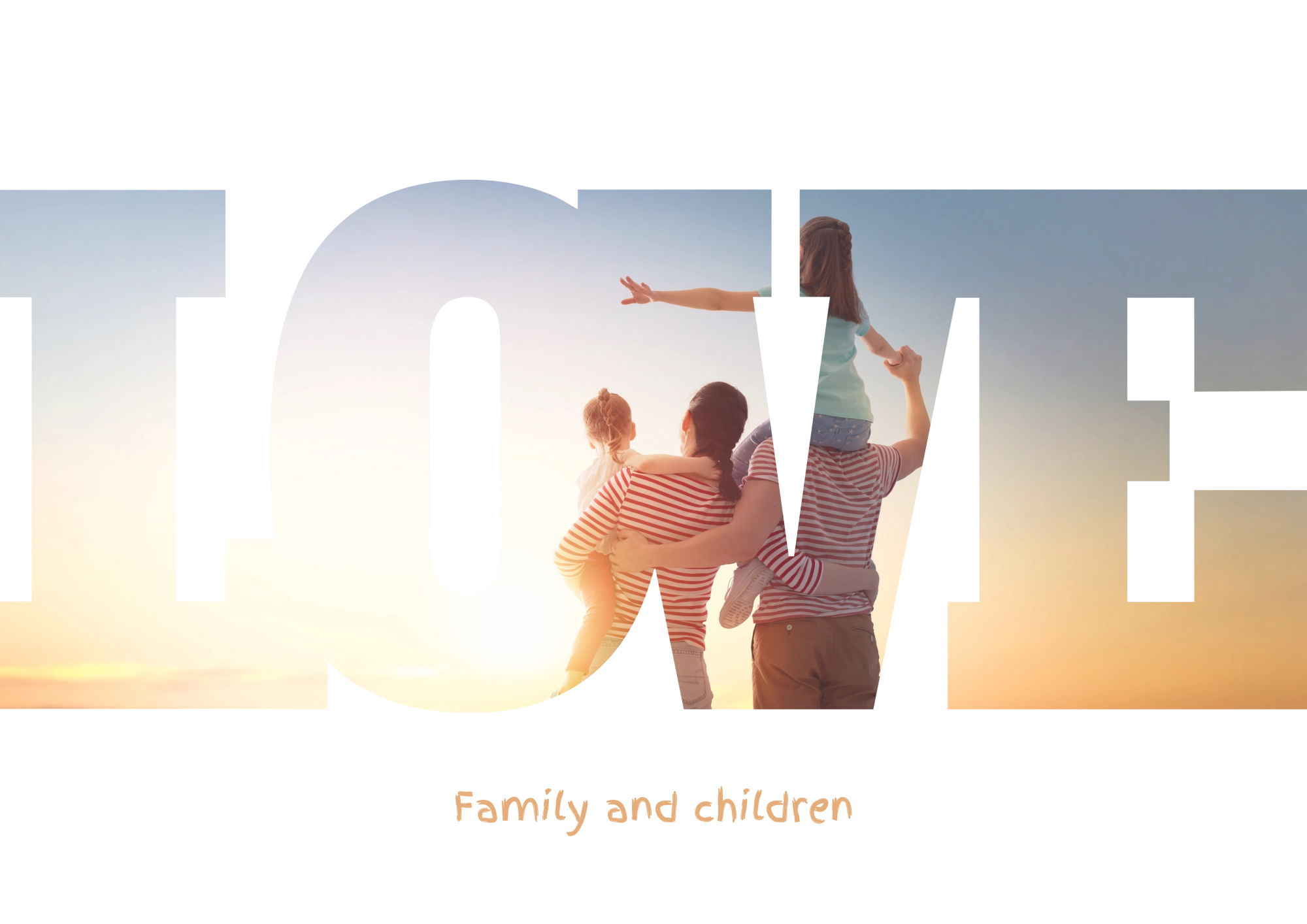-
The International Relations Office at Wrocław Medical University organised the 2nd Erasmus Staff Week.
2024-06-03
10:36
 From the 20th until the 24th of May we hosted representatives from Grigore T. Popa University of Medicine and Pharmacy IASI, Romania; Ternopil National Medical University and Danylo Halytsky Lviv National Medical University, Ukraine; University of Debrecen, Hungary; University of Crete and University of Thessaly, Greece; Lithuanian University of Health Sciences, Lithuania; University of Medicine Tirana, Albania, Caucasus International University, Georgia.
Read more »
From the 20th until the 24th of May we hosted representatives from Grigore T. Popa University of Medicine and Pharmacy IASI, Romania; Ternopil National Medical University and Danylo Halytsky Lviv National Medical University, Ukraine; University of Debrecen, Hungary; University of Crete and University of Thessaly, Greece; Lithuanian University of Health Sciences, Lithuania; University of Medicine Tirana, Albania, Caucasus International University, Georgia.
Read more »

Living in Poland with a family and children can be a very fulfilling experience, thanks to the country's family-friendly policies, quality of education, healthcare, and overall safety. Here are the key aspects to consider:
- Poland offers various benefits and policies to support families:
- Maternity Leave: mothers are entitled to 20 weeks of maternity leave for the first child and up to 37 weeks for twins or more.
- Parental Leave: both parents can share up to 32 weeks of parental leave.
- Paternity Leave: fathers are entitled to 2 weeks of paternity leave.
- Child Benefits: the '800+' program provides a monthly allowance of 800 PLN for each child under 18, aimed at supporting families financially.
- Poland has a well-structured education system and a range of schooling options:
- Public Schools: free of charge and follow the national curriculum. They offer primary, lower secondary (middle school), and upper secondary (high school) education.
- Private Schools: offer alternative curriculums and often have smaller class sizes, but they come with tuition fees.
- International Schools: found in major cities, international schools offer curricula like the International Baccalaureate (IB), British, or American systems.
https://www.asw.org.pl/about-us
- Preschools and Kindergartens: Available for younger children, both public and private options exist. Public ones are usually less expensive but may have waiting lists and strict deadlines for application.
- Poland has a mixed healthcare system comprising both public and private services:
- Public Healthcare: Available to residents who contribute to the National Health Fund (NFZ) through social security. It provides a broad range of services but may have longer waiting times.
- Private Healthcare: Widely available and offers quicker access to specialists, though it requires out-of-pocket payments or private insurance.
- Poland is considered a safe country, with low crime rates. Public spaces, schools, and neighborhoods are generally secure, making it a comfortable place to raise a family.
- Polish work culture values work-life balance, especially for families:
- Working Hour: Standard working hours are 40 hours per week. Many companies offer flexible working arrangements.
- Holiday: Employees are entitled to 20-26 days of paid annual leave, depending on their length of service.
- Family Activities: Poland has many parks, recreational areas, cultural sites, and family-friendly events, contributing to a balanced lifestyle.
- Poles are generally welcoming to foreigners. Engaging in local community activities can help build a support network. Larger cities have active expat communities, offering social events and support groups.
Poland offers a family-friendly environment, quality education, accessible healthcare, and a reasonable cost of living. While it may require some adjustment, especially for non-EU citizens, the country provides a supportive atmosphere for raising a family. Ensuring you have the proper legal documentation and being open to integrating into the local culture can make the transition smoother and more rewarding.



